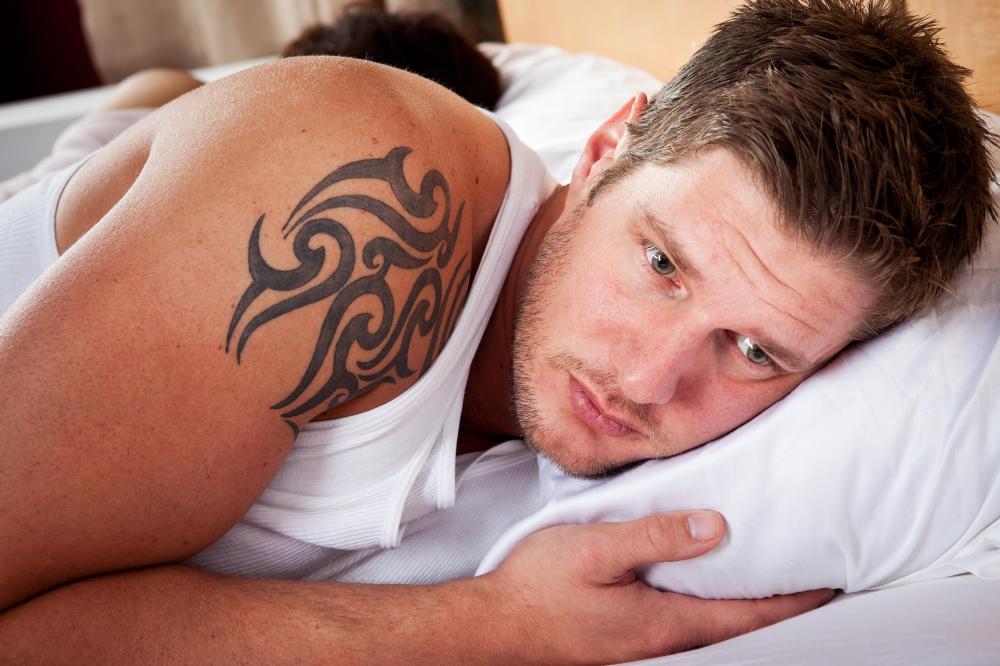At WiseGEEK, we're committed to delivering accurate, trustworthy information. Our expert-authored content is rigorously fact-checked and sourced from credible authorities. Discover how we uphold the highest standards in providing you with reliable knowledge.
What is Shift Work Sleep Disorder?
Shift work sleep disorder is a condition in which an individual working a schedule other than daylight hours experiences difficulty achieving recuperative sleep. The root cause of this type of disorder is an interruption of the body’s natural circadian rhythms, making it difficult for the individual to rest properly. Along with people who usually work night shifts, anyone who frequently changes their work hours between day and night time may also experience this type of sleep problems.
Many studies which focus on the role of sleep in general note that human beings tend to achieve restful sleep more easily when the work schedule is set for daylight hours. Even people who work what is sometimes referred to as second shift or afternoon shift schedules that end at ten or eleven o’clock in the evening are still more likely to sleep deeply and awake refreshed than those who work through the night. Depending on which study is consulted, night shift workers are anywhere from twice to ten times more likely to experience shift work sleep disorder than people working any other schedule.

It is important to note that not everyone who works nights will experience shift work sleep disorder. Many people who work five consecutive nights of evening shifts per week tend to adapt to the situation and find it easier to develop a routine that allows them to sleep soundly during the day. However, night workers who may be scheduled for two nights in a row then have one or two nights off, often find it much harder to adapt and are at a higher risk for developing this type of sleep disorder.

Two professions that are particularly prone to shift work sleep disorder are nurses and law enforcement officials. Nurses assigned to a night shift often put in twelve-hour shifts and may work two to three consecutive nights, then be off the schedule for two or three nights. Unless the nurse attempts to maintain the same sleep pattern even on his or her off days, there is a good chance he or she will find it difficult to avoid the development of insomnia at some point, making it necessary to take medication to get any sleep at all.

In like manner, police officers who sometimes work swing shift situations are much more prone to shift work sleep disorder. This is particularly true of officers who may work a combination of days and nights throughout the week. Because the work schedule is in a constant state of flux, it is very difficult for the body to adapt and promote recuperative sleep. As a result, the officer may experience some amount of sleepiness even after sleeping for several hours. As with the nurse, a police officer may find it necessary to use prescription medication to achieve deep sleep.
AS FEATURED ON:
AS FEATURED ON:













Discussion Comments
The worst shift work must be a rotating shift schedule. In this situation you can not develop a pattern of sleep and wakefulness, because of constant changes.
It is possible to develop a reasonably normal routine even if you work night shift.
I my own life, I have found it very practical watching the TV before going to sleep. Programming the television for half an hour after which the set turns itself off on its own, was ideal for me. I would fall asleep rather quickly just by watching any kind of program.
Post your comments